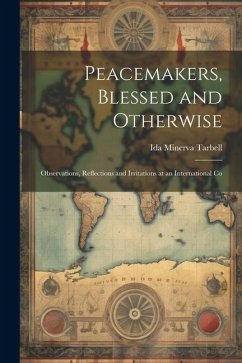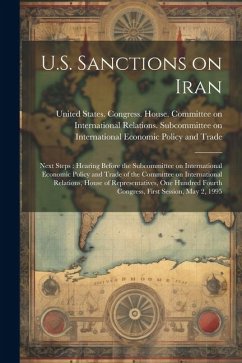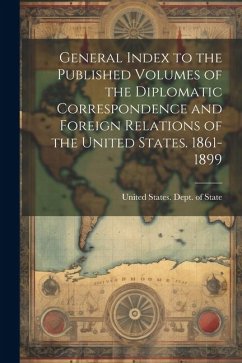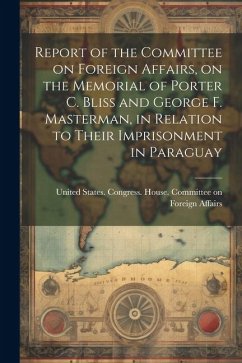
Post-Imperium: A Eurasian Story
Versandkostenfrei!
Versandfertig in über 4 Wochen
20,99 €
inkl. MwSt.

PAYBACK Punkte
10 °P sammeln!
The war in Georgia. Tensions with Ukraine and other nearby countries. Moscow's bid to consolidate its "zone of privileged interests" among the Commonwealth of Independent States. These volatile situations all raise questions about the nature of and prospects forRussia's relations with its neighbors. In this book, Carnegie scholar Dmitri Trenin argues that Moscow needs to dropthe notion of creating an exclusive power center out of the post-Soviet space. Like other former European empires, Russia will need to reinvent itself as a global player andas part of a wider community. Trenin's vision of Russia is an open Euro-Pacific country that is savvy in its use of soft power and fully reconciled with its former borderlands and dependents. He acknowledges that this scenario may sound too optimistic but warns that the alternative is not a new version of the historic empire but instead is the ultimate marginalization of Russia.



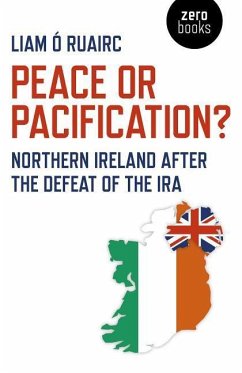

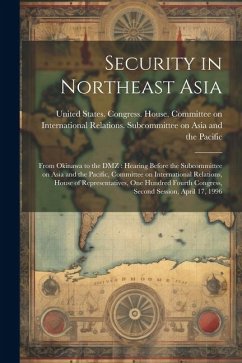
![Proceedings Of [1st]-6th National Conference, American Society For Judicial Settlement Of International Disputes; Volume 1 Cover Proceedings Of [1st]-6th National Conference, American Society For Judicial Settlement Of International Disputes; Volume 1](https://bilder.buecher.de/produkte/71/71674/71674039n.jpg)
